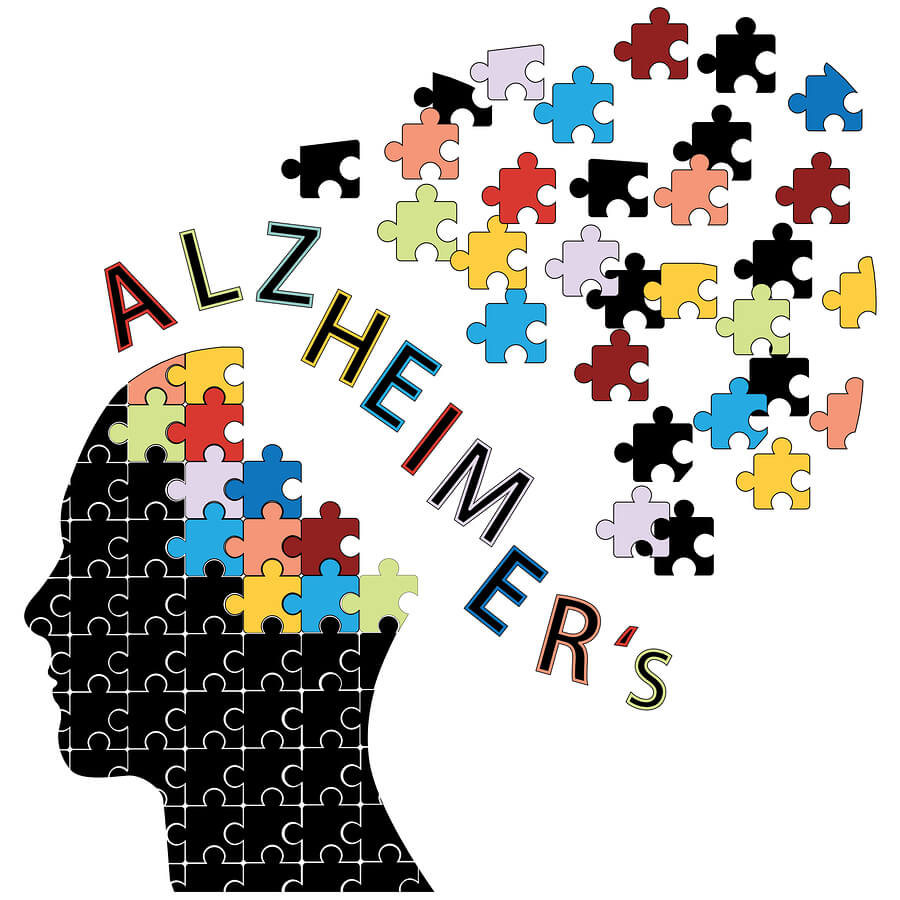Everyone has trouble solving problems or getting organized at times in their life.
When, however, may these signs of difficulty indicate that there could be something more serious happening? Alzheimer’s disease is an issue that most family caregivers put a considerable amount of thought into throughout their care experience with their senior parent, and it is important to be able to recognize early warning signs of the progression. While memory loss is the first thing that most people think about when they consider the symptoms of Alzheimer’s disease, the reality is that there are many other signs that could indicate that your senior is at the beginning of their progression with the disease.
One early warning sign of Alzheimer’s disease is difficulty solving problems or making plans.
While it is perfectly normal to occasionally experience confusion when making complex plans or when managing a challenging task, such as balancing a checkbook, if your parent is having frequent or marked difficulty with planning or problem solving, it may be time to discuss it with their doctor.
Some problem solving or planning difficulties that may be an early warning sign of Alzheimer’s disease include:
- A marked difficulty with concentration and seeming distracted when they should be focusing on a specific task
- Difficulty following a set of tasks, particularly something familiar such as a recipe that they have made several times before
- Inability to keep up with their regular household bills
- Receiving cut-off notices for their utilities
- Getting overdraft notices for their bank account
- Inability to make simple organizational choices such as how to put items away in a drawer or linen closet
Starting senior care for your aging parent can be one of the best decisions that you can make for them during the course of your care journey.
Having a senior home care services provider in the home with your aging parent can ensure that they have ongoing access to the care, support, and assistance that they need to manage their individual needs, challenges, and limitations in the ways that are right for them while also respecting the care that you give them on a regular basis. This means that your parent can stay healthy, safe, comfortable, and happy while also pursuing a lifestyle that is an active, engaged, and independent as possible throughout their later years. As their family caregiver, this will give you confidence and peace of mind that your senior will get everything that they need both when you are with them and when you are not.











